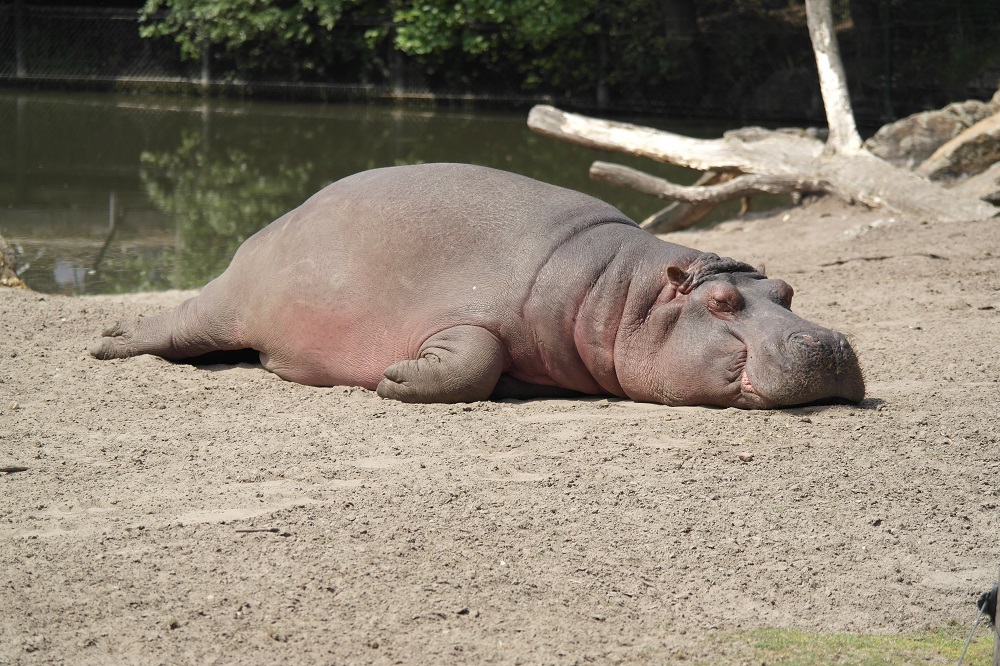NEW YORK, April 20 — If you indulged too much in alcohol this past weekend, you may have experienced a hangover.
If it is any consolation, bear in mind that anglophones are not the only ones to face difficult mornings after drinking more than they should, cultures from around the world are particularly inventive when it comes to describing a day after too much booze.
Nearly every country where it is legal to consume alcohol has its own special expression to describe the effects of over indulgence also known as “veisalgia,” a term recently invented by American researchers which is a portmanteau of the Norwegian “kveis” (uneasiness following debauchery) and the Greek “algia” (pain).
In France, the expression “gueule de bois” (wooden mouth) refers to the dry-mouth feeling that occasionally accompanies the morning after a night of excess. The scientific cause of this sensation is alcohol’s tendency to suppress production of the antidiuretic hormone ADH, which in turn leads to dehydration.
The day after
In Asia, the effect is often designated by the cause, which means that expressions commonly focus on “the day after.” For example, “Sù zuì” (“spent the night drunk”) in Mandarin, “sugchwi” in Korean (derived from the Chinese), or “futsukayoi” in Japanese (“on a two-day bender”). In Vietnam, you can be “dựng xiên” (“built cockeyed”), or in Russia “похме́лье” (“on the drink”).
A bang on the head in the Baltic
Heading up to Northern Europe, Danes suffer from a “tommermaend” (“carpenter”), Icelandics feel sore with a “timburmenn” (also a “carpenter”), while Swedes are known to suffer with a “kopparslagare” (coppersmith). For their part, the Finns prefer the more Latinate “krapula,” which exclusively refers to the ill effects of drinking.
Look back on disaster
Hungarians suffer from a “day-after syndrome” known as “másnaposság,” while Turks poetically refer to the “memory of an evening.”
The cat is out of the bag
For some reason, Germans who drink too much are haunted by cats. “Kater” is both a tomcat and a hangover. They may also be affected by “Katzenjammer” (which refers to ‘mewling’) a possible allusion to the whimpering noises some people make after a few too many. Neighbouring countries have also embraced the cat theme, with “kocovina” in the Czech Republic, “kac” or “kociokwik” in Poland and “kater” in the Netherlands.
Raw or maybe even dead from booze
Heading south to Latin countries, Italians insist that as practitioners of “la dolce vita” (the sweet life), which only allows for tastefully moderate drinking, they never get hangovers. Having said that, if they do have a few too many, they speak of “postumi della sbornia,” which means “death after drunkenness.”
The Spanish may be afflicted by a “resaca,” meaning an undertow. On the other side of the Atlantic, Mexicans can feel “crudo” (“raw”), which could be an apt reminder of a “roasting” endured the night before. And let’s not forget that in the land of beer and mezcal, tripe soup is often proposed as a remedy for a sore head. A solution that is not for the fainthearted.
In Central America, people have been known to get up with a “goma,” a rubber. Finally, in Colombia, booze may leave you feeling “guayabo”, like a guava. A little seedy?
No matter how you say it, if you want to avoid rolling with a “carpenter,” “coppersmith”, or “tomcat”, or the dreaded “cruda” or “goma,” the best policy is to keep an eye on your alcohol intake and drink sensibly. — ETX Studio






















